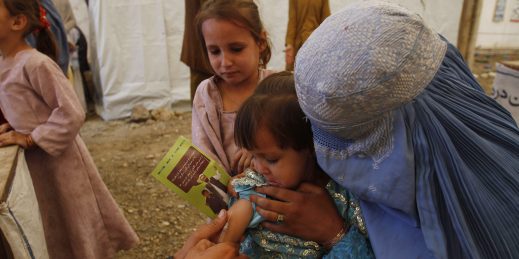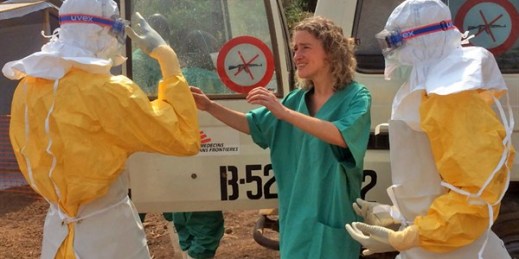
For human health, war is hell. One could pick any past or present conflict to illustrate how war damages health. Armed conflicts kill, injure and traumatize people; wreck health infrastructure and services; and expose populations to diseases. People flee war’s dangers, often only to live a desperate, destitute existence. This parade of health horribles appears once again in the ongoing Syrian conflict, widely recognized as one of the world’s worst humanitarian crises. The Syrian case demonstrates many common responses to health crises spawned by war: identifying civilian death and suffering; providing humanitarian assistance; emphasizing respect for human rights and civilian […]


